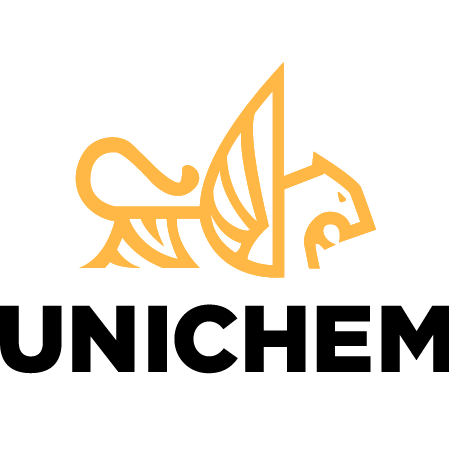
Sustainable options for adhesives, sealants, and coatings are impacting manufacturers globally as well as formulators and end-users of coatings and adhesives. Many industries today are moving towards lighter-weight materials for lighter-weight end products. Lighter-weight adhesives and coatings provide improved sustainability with a reduced carbon footprint without jeopardizing quality.
Lighter Weight Adhesives for Automotive Manufacturers
Automotive original equipment manufacturers, OEMs, have been pushing towards lighter weight materials for quite some time. Lightweight adhesives that provide durable and long-lasting bonding for automotive parts and components, like sandwich panel laminates, are providing solutions to the transportation industry. Lighter-weight materials improve fuel efficiency with improvements in sustainability.
Many transportation products are manufactured with the use of mechanical fasteners. Replacing mechanical fasteners with industrial adhesives whenever possible is currently a common practice for many automotive manufacturers. Replacing mechanical fasteners with laminating adhesives improves product quality with an even distribution of the adhesive bond and cuts down on vibration and road noise.
Sustainable Industrial Adhesives
The use of industrial adhesives in product manufacturing is common practice in many industries and applications, and the change to source more sustainable chemicals during the manufacturing of industrial adhesives is also increasing. Structural epoxy adhesives provide many advantages, including improved sustainability with lightweight yet tough bonding performance. Sourcing more environmentally friendly adhesives that are replacing mechanical fasteners also improves the environment by cutting down on the number of metal parts required for production. Structural epoxy adhesives provide apparent advantages with strength, durability, and a range of curing temperature options.
Structural Adhesive Bonding Over Positive Locking Joining Processes
Structural adhesives help companies to improve their sustainability efforts, reduce their carbon footprint, and provide many other advantages such as reliable bonding, durability, quick joining technology, and cost efficiency. Many industries such as automotive, aeronautics, aerospace, construction, electronics, shipbuilding, and others realize these benefits and many more with structural adhesive bonding.
Many factors contribute to the benefits of using structural adhesives, such as the desire for lighter weight, multi-material designs, increased component complexity, and progressive integration have all created a steady increase in bonding requirements.
Advantages Over Force-Fitting Joining
There are many advantages realized with structural bonding over other positive-locking, force-fitting joining processes.
- Joining Dissimilar MaterialsOne significant advantage is the ability to bond composite materials consisting of dissimilar materials such as polymers, metals, ceramics, glass, or substrates of low thickness. Such bonding was not feasible or created disadvantages with previous joining processes.
- Homogeneous Stress DistributionEven stress compensation or homogeneous stress distribution by two-dimensional force is another advantage of adhesive bonding.
- Sealing and Corrosion ProtectionIndustrial adhesives provide airtight and water-tight seals over joints and protection against corrosion.
- Shock Absorption and Vibration DampeningBonding with industrial adhesives over mechanical fasteners provides shock absorption and vibration dampening, which is especially beneficial for transportation vehicles, machinery, and equipment.
Structural bonding is the preferred method for bonding requirements in a variety of industries and applications.
Adhesive Supplier with Focus on Sustainability
Universal Chemicals & Coatings, Inc., UNICHEM, has been providing bonding and laminating solutions with high-quality industrial adhesives for more than 50 years. Our uniBOND industrial adhesive is available in different chemistries to meet the needs of laminating to metal, laminating to rubber, plastic, and a variety of substrates. We perform meticulous quality and functional testing of all adhesive products and ensure compliance to all environmental regulations.
UNICHEM ensures that all materials used in our adhesive coating manufacturing processes are responsibly reused, reclaimed, or recycled. We ensure that no hazardous materials are introduced into the environment or landfilled as part of our commitment to environmentally friendly manufacturing. We continue to work toward our goal of zero discharge operations.
uniBOND by UNICHEM is available in various chemistries and curing options to meet environmental and sustainable goals. Our team includes knowledgeable resident scientists and polymer experts to customize coatings and adhesives to meet specific client requirements. Contact us with any questions and to learn more about lighter-weight, sustainable industrial adhesive solutions.


